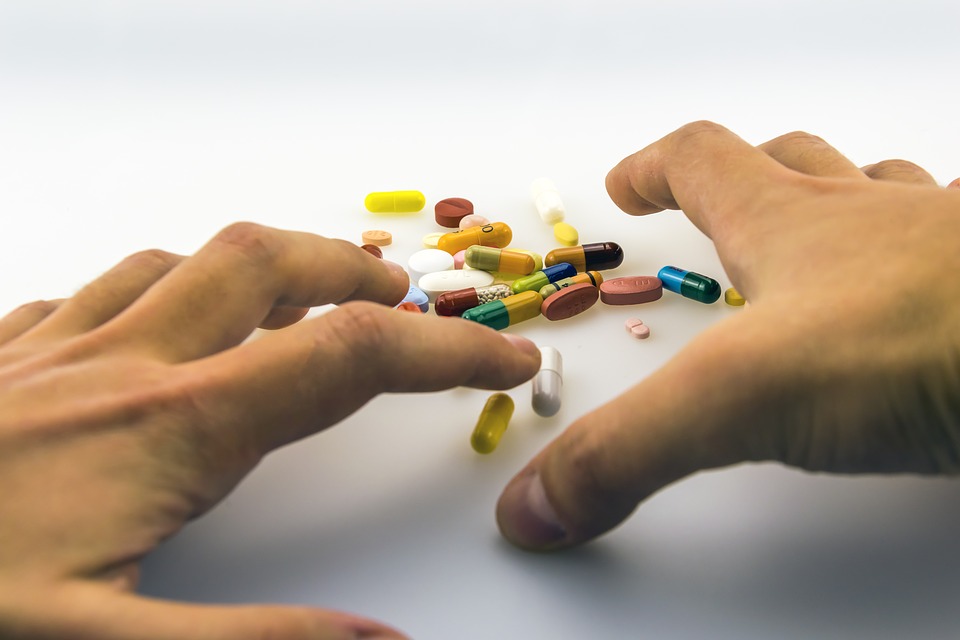What Human Medicines are Dangerous to Pets?
Pets metabolize medications very different than humans do. Even seemingly benign over-the-counter or herbal medications may cause serious poisoning in pets.
The most common human medications to cause poisoning in dogs include the following:
- Aspirin
- Ibuprofen
- Naproxen
- Indomethacin
- Acetaminophen
- Xanax
- Ambien
- ACE inhibitors
- Beta Blockers
- Adderall
The most common human medications to cause poisoning in cats include the following:
- Paracetamol
- Antidepressants
- Ibuprofen
- Aspirin
- ADD/ADHD medications
- Laxatives
- Betadine and Dettol
- Benzodiazepines and sleep aids
- Birth control pills
- Blood pressure tablets
- Thyroid hormones
- Cholesterol lowering agents
Signs of Poisoning in Pets
The most common signs of poisoning in dogs include the following:
- Stomach and intestinal ulcers
- Kidney failure
- Liver failure
- Elevated heart rate, blood pressure and body temperature
- Tremors, seizures and heart problems
- Aggression
The most common signs of poisoning in cats include the following:
- Gastrointestinal signs – vomiting and diarrhea
- Neurological signs – tremors, in-coordination, seizures, excitability, depression or coma
- Respiratory signs – coughing, sneezing, difficulty breathing)
- Skin signs – inflammation, swelling
- Liver failure – jaundice, vomiting
- Kidney failure – increased drinking, loss of appetite and weight loss
Treatment for Toxic Medication Intake
With early treatment you can successfully manage most accidental intoxications.
The best outcomes for poisonings in pets involve seeking immediate advice from your veterinarian here at All Pets. If necessary, we will discuss an aggressive, proactive treatment for your pet.
Always keep medications safely out of reach of pets and never administer a medication to a pet without first consulting your veterinarian. Also, keep in mind that while a medication may be safe for children, it may not be safe for animals.
If you believe your pet may have accidentally ingested human medication, contact us here at All Pets with the link below or call the Pet Poison Hotline immediately: (855) 764-7661.
















